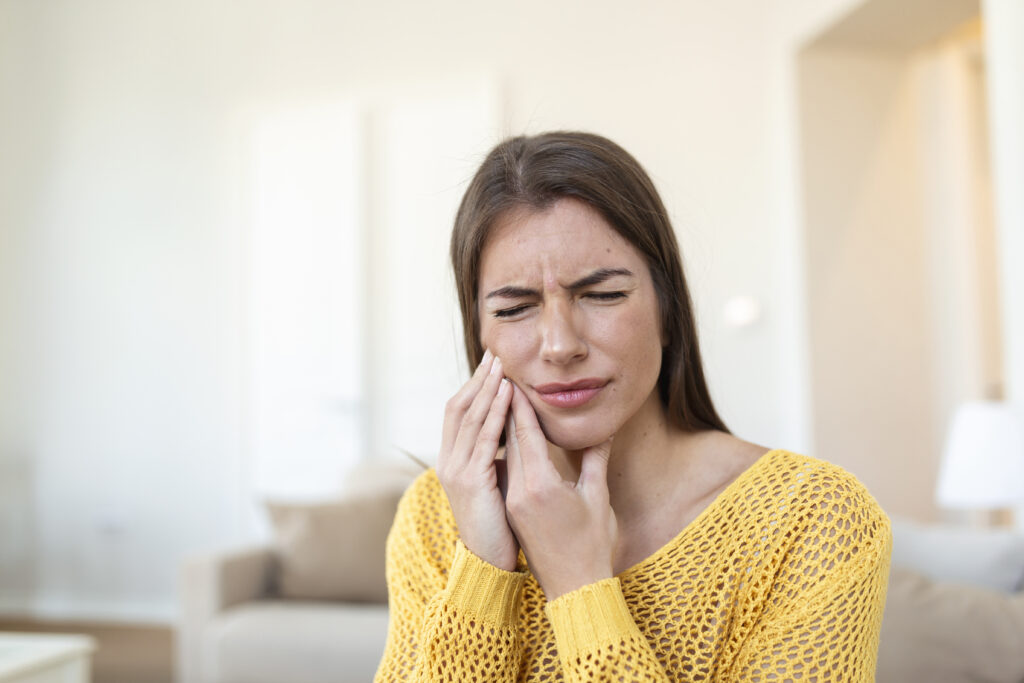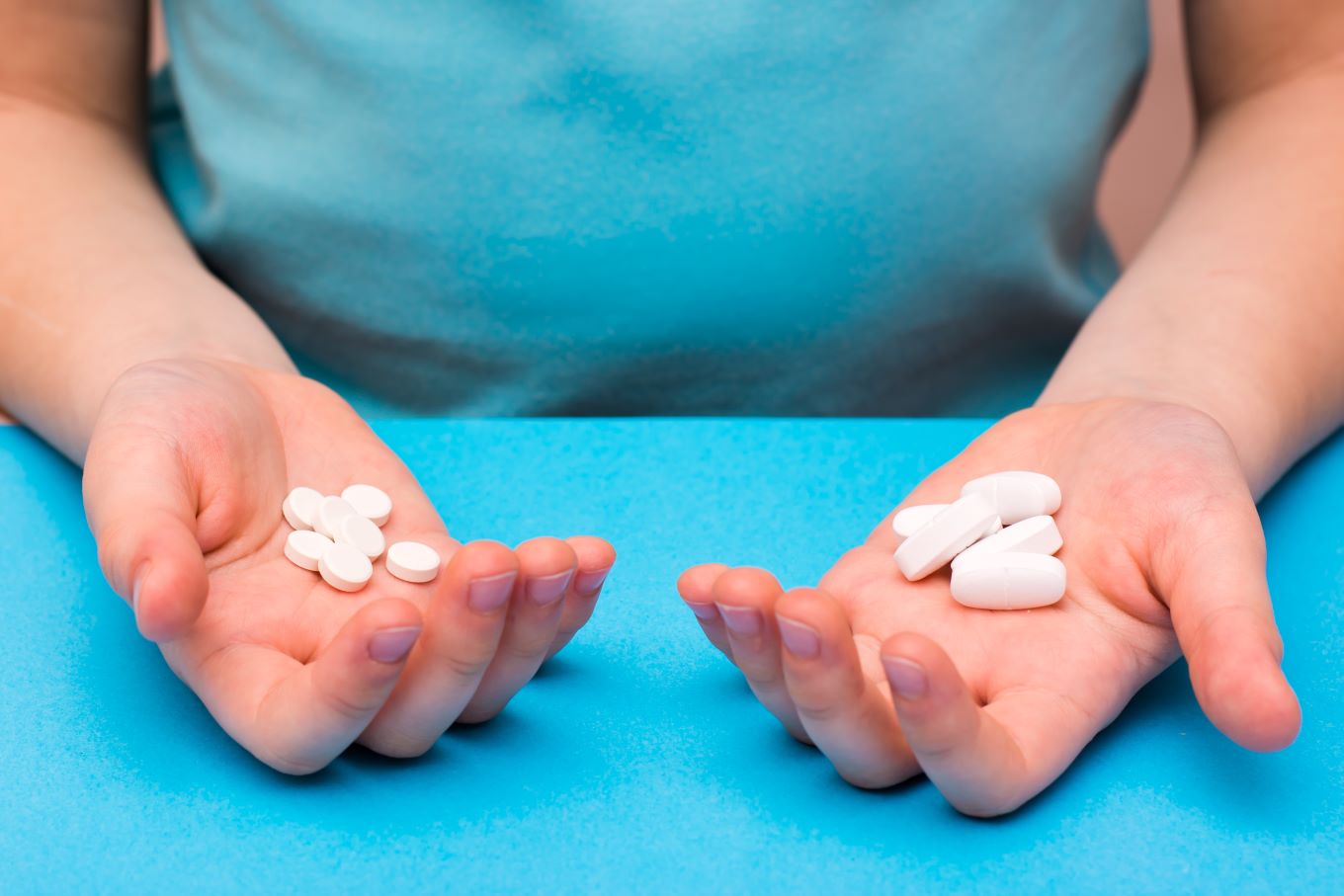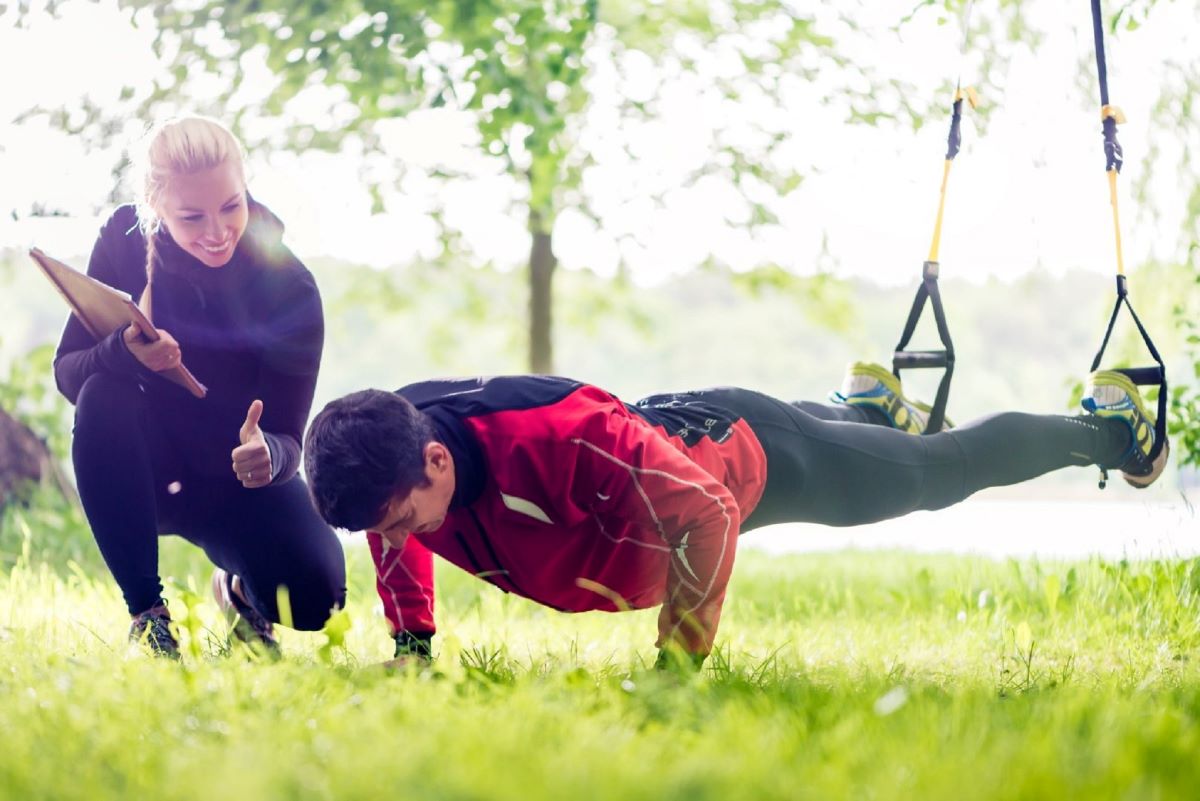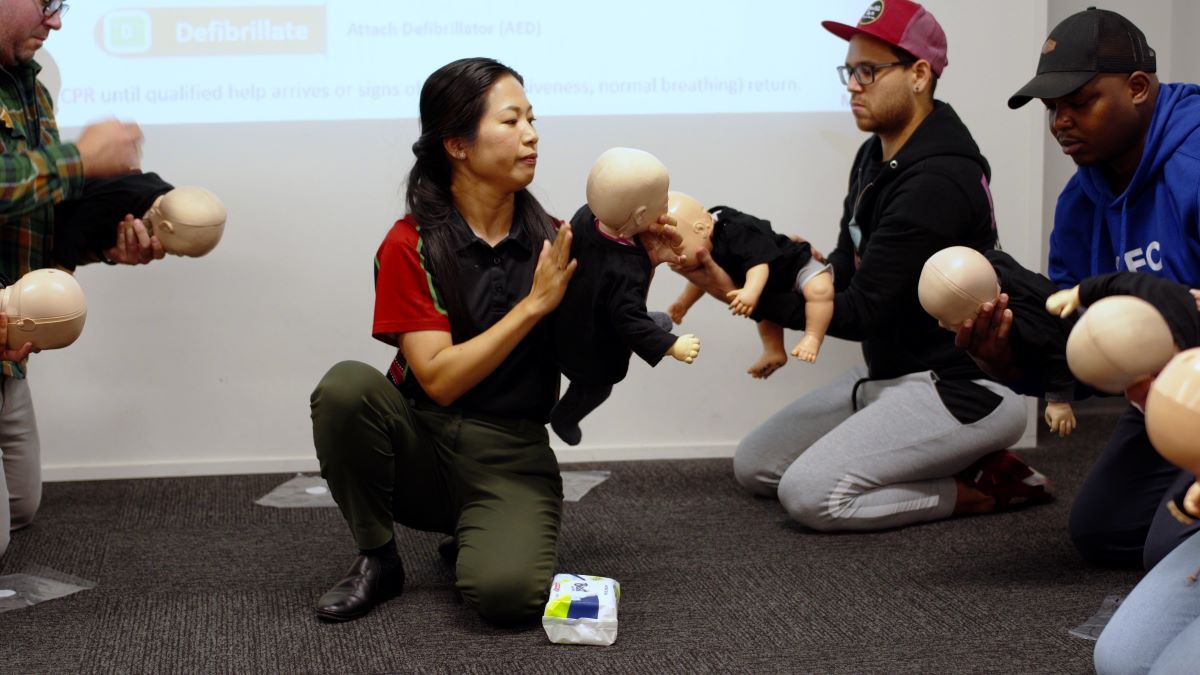First aid for tooth injuries: Tooth injuries can happen to anyone, at any time. Whether it is from playing contact sports, a slip and fall, or a car accident, knowing how to provide first aid for a tooth injury is essential.
Immediate and effective first aid improves the chances of saving the tooth, helps reduce pain, and prevents further damage to the surrounding teeth and gums.
Keep reading to learn the common causes of tooth injuries and what to do in a dental emergency.
What is a Tooth Injury
A dental or tooth injury refers to any damage or trauma to the teeth, gums, or surrounding jawbone, ranging from minor chips (and cracks) to severe injuries.
There are several causes of tooth injuries, including sports accidents, falls, car accidents, physical altercations, and even biting down on hard foods or objects. It can also be caused by decay and gum disease, which can weaken the teeth and make them more susceptible to damage.
According to the Australian Institute of Health and Welfare (AIHW), approximately 70% of adults in Australia have experienced some form of dental injury at some point in their lives.
The most common type of dental injury is a chipped or broken tooth, followed by a knocked-out tooth and tooth decay. The AIHW also reports that dental injuries increase with age, with the highest rates seen in those aged 65 and older.
Tooth injuries can have a significant impact on oral health and overall quality of life. In severe cases, tooth injuries can result in the loss of the affected tooth and the need for restorative procedures, such as dental implants or bridges.
For these reasons, it is essential to provide appropriate first aid in the event of a tooth injury to minimise the risks and increase the chances of saving the tooth.
What are the Common Causes of Tooth Injuries
Here are eight common causes of tooth injuries.
Sports accidents: Sports accidents such as from playing basketball can result in high-impact collisions that can damage the teeth. The force generated while playing sports can result in chips, cracks, or breaks in the teeth.
Falls: Falls can occur at any age, but they are particularly common in young children and older adults. Children may fall while playing, while older adults may fall because of balance issues or other health problems, which may result in dental injuries.
Car accidents: High-impact collisions can lead to serious tooth injuries, including knocked-out teeth.
Physical altercations: Punching, hitting, or biting can all result in tooth injuries.
Biting down on hard foods or objects: Hard foods, such as candy or ice, can put excessive stress on the teeth, making them more susceptible to injury.
Decay and gum disease: Decay occurs when bacteria in the mouth produce acid that erodes the enamel of the teeth, creating a cavity. While gum disease can cause the gums to pull away from the teeth, creating pockets where bacteria can accumulate and erode the surrounding structures, including the bones that support the teeth. If left untreated, decay and gum disease can spread, causing further damage to the teeth.
Tooth misalignment: Crowded or misaligned teeth can put increased stress on the teeth, which weakens them and make them vulnerable to injuries.
Poor oral hygiene: Neglecting oral hygiene, such as not brushing or flossing regularly, can lead to decay and gum disease, increasing the risk of tooth injuries.
Signs and Symptoms of a Tooth Injury
Symptoms of a tooth injury can vary depending on the type and severity of the cause.
Some common signs and symptoms of a tooth injury include:
-
- A visible chip, crack or break in the tooth
-
- Tooth may be sore, tender, or painful to the touch
-
- Sensitivity to hot, cold, or sweet foods and beverages
-
- Gums surrounding the tooth may appear swollen, red, or tender
-
- Bleeding gums
-
- Knocked-out tooth
-
- Tooth that has shifted, displaced, or moved
-
- discoloured or darken tooth
If any of these symptoms appear, it is important to perform first aid and seek treatment from a professional to prevent further damage and promote healing.
First Aid for Tooth Injuries
Assess the patient and the injury
First, check if the person’s airway is clear and see if there is any risk of blood going down the throat. If there is swelling in the mouth, tongue, or throat, turn them on their side in a supported position.
Control any bleeding
Apply pressure to any bleeding wound or tooth socket. Fold a sterile dressing or a clean tissue into a pad and ask the person to hold it firmly on the bleeding site for at least 10 to 15 minutes.
Apply cold compress
Applying cold compression to the outside of the mouth (near the affected tooth) can help reduce swelling and lessen the amount of pain.
Store a knocked-out tooth
If a tooth has been knocked out, handle it by the crown (the visible part) and avoid touching the root. Rinse the tooth gently with water and try to place it back in its socket, holding it in place with a clean cloth.
If it is impossible to place the tooth back in the socket, store it in a container until you can see a dentist.
Take pain medications
Intake of over-the-counter (OTC) pain medications, such as Ibuprofen or Acetaminophen, can help relieve pain and reduce swelling.
Seek treatment from a professional
Visit a dentist as soon as possible to receive a proper diagnosis and treatment for the tooth injury.
In severe cases, such as a knocked-out tooth with continuous bleeding, time is of the essence, and prompt treatment can increase the chances of having a positive outcome.
It is important to remember that the steps above are general guidelines, and the best course of action may vary depending on the extent of the injury. If you need help with the next steps to take, it is always best to consult a dentist or dental professional.
Takeaway
The reality is accidents and injuries happen, and depending on severity, it can have serious consequences on our teeth.
The good news is that dental trauma can be minimised with proper precautions and knowing what to do in the unfortunate event you suffer damage to your teeth.
Book a first aid course to learn how to recognise the signs and how to provide treatment in the event of a tooth injury.
Check First Aid Pro Adelaide find out more.







